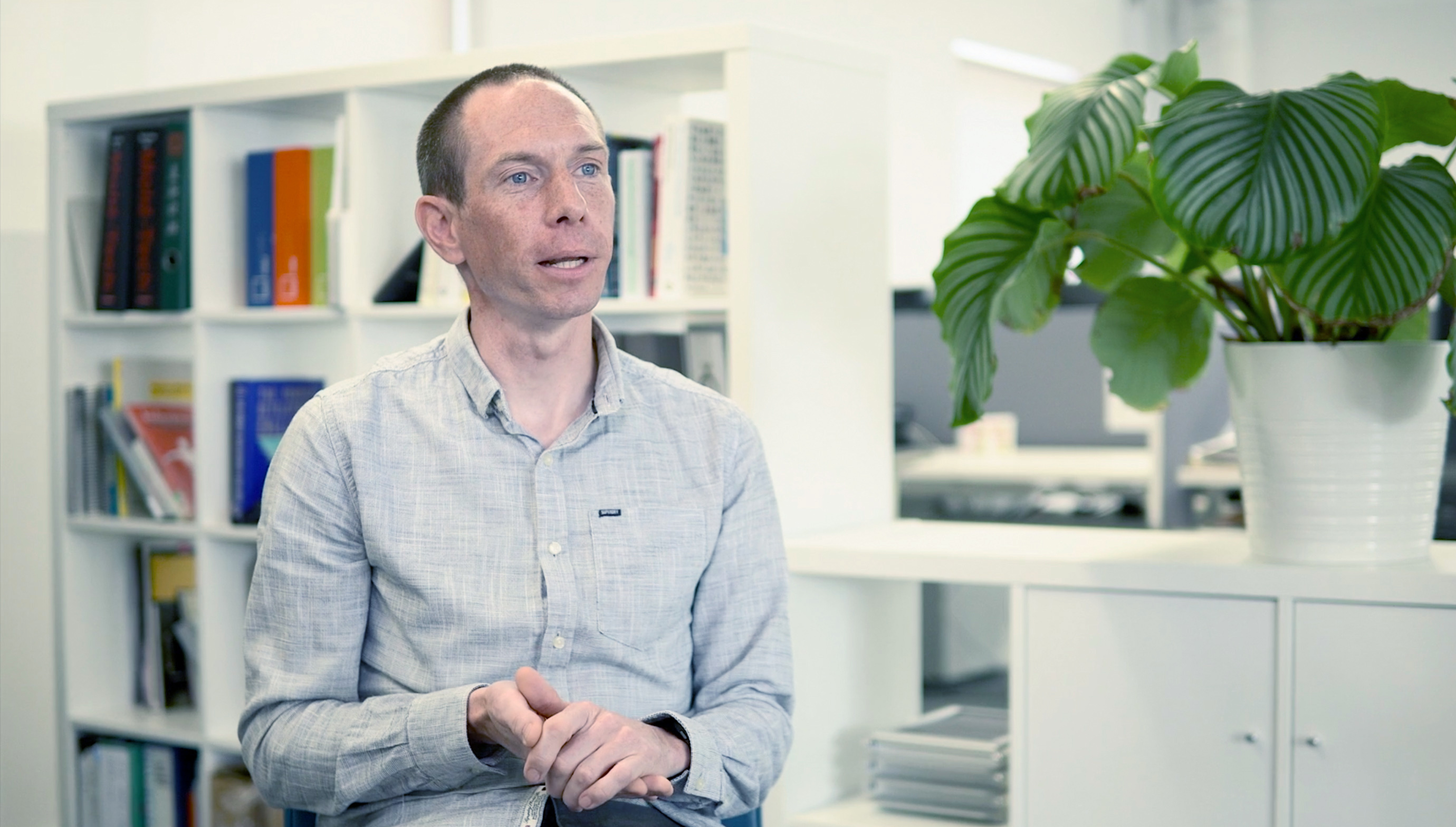Co-designing assistive technology: supporting wellbeing and reducing waste
Can users of life-enhancing assistive equipment help us improve the design of these devices while also supporting sustainability in the health sector? This question will be the subject of a new collaboration between Swansea Bay University Health Board (SBUHB) and PDR.
Assistive technologies are products or systems that support and help individuals with disabilities, restricted mobility, or other impairments to perform functions that might otherwise be difficult or impossible. They include everything from walking aids to prosthetics to modifications for equipment for eating, cooking and personal care.
The collaboration has been awarded £47,000 from the TIDAL + Network, a UKRI fund and will be led by Dr Jonathan Howard, a researcher and rehabilitation engineering specialist from SBUHB.
Currently, the abandonment of assistive technology is a major global health problem, resulting in poorer physical and mental health for users as well as a significant waste of time, money, and resources. Jonathan’s research found that people were much less likely to give up on using the equipment they needed if they were actively involved in the design process.
The project has significant implications for sustainability as well as better physical and mental health and emotional wellbeing for a wide range of people.
DOMINIC EGGBEER | PROFESSOR OF HEALTHCARE APPLICATIONS OF DESIGN | PDR
PDR’s healthcare design, design sustainability and user centred design experts Prof. Dominic Eggbeer, Dr Katie Beverley and Dr Sally Cloke will work with Jonathan to investigate how to expand his pioneering work. The aim is to develop a model that will enable medical professionals across Wales and beyond to access a service for co-designed digitally manufactured assistive technology for their patients.
The project begins in May when the team will run workshops with health professionals to better understand the kinds of information and support, they would want from such a new health technology service. The research will culminate in the delivery of a digital model demonstrating how the service would work. According to Dominic, “The project has significant implications for sustainability as well as better physical and mental health and emotional wellbeing for a wide range of people, including older people, people with disabilities or chronic health conditions and those undergoing rehabilitation after surgery or an accident”.
Next steps
Discover more about PDR or if you’re interested in working with us, get in touch.

